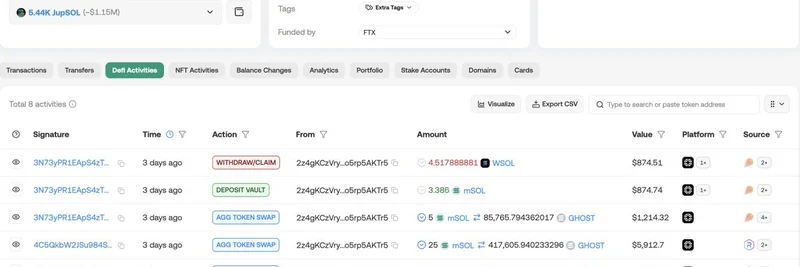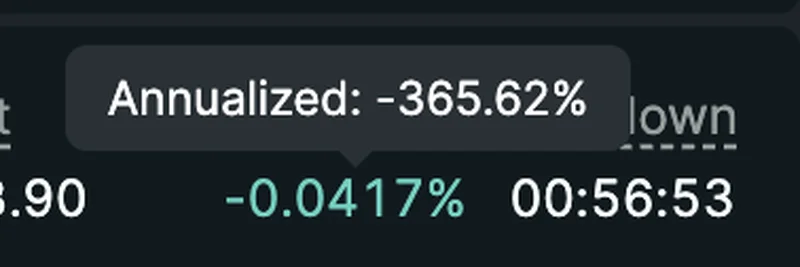In the fast-paced world of blockchain and meme tokens, privacy isn't just a buzzword—it's the foundation of true freedom in digital transactions. Recently, Mert, the CEO of Helius Labs, took to X (formerly Twitter) to share a timeless piece: the Cypherpunk Manifesto. This isn't just some old text; it's a rallying cry for why we need anonymous systems in crypto, especially when trading meme coins on chains like Solana.
If you're new to the term, "cypherpunk" refers to activists who advocate for using cryptography to protect privacy and promote social and political change. The manifesto, originally written by Eric Hughes in 1993, lays out why privacy is essential in an electronic age. Mert's post quotes it extensively, reminding us that privacy means selectively revealing ourselves, not hiding everything in secrecy.
Let's break it down simply. In the manifesto, Hughes explains that in everyday transactions—like buying a magazine with cash—you don't need to reveal your identity. The same should apply online. But in blockchain, most transactions are public, which can expose your wallet activity to anyone. That's where anonymous transaction systems come in. Think of it like cash in the digital world: you pay without broadcasting your entire financial history.
This hits home for meme token enthusiasts. Meme coins often thrive on community hype, anonymous devs, and quick trades. But without privacy tools, your buys and sells are out there for whales, bots, or even regulators to see. Projects on Solana, where Helius provides RPCs and infrastructure, could benefit hugely from privacy features. Imagine trading your favorite dog-themed token without worrying about front-running or doxxing.
Hughes stresses that cryptography is key to privacy. Encrypting messages ensures only the intended recipient hears you. In crypto terms, this means using tools like zero-knowledge proofs or shielded transactions (seen in coins like Zcash). The manifesto warns against relying on governments or corporations for privacy—they'll always prioritize their interests. Instead, we build our own systems. "Cypherpunks write code," as it famously says.
Mert's timing is spot on. With Solana's ecosystem exploding in meme tokens, from viral cats to cultural icons, privacy could prevent rug pulls or protect users from scams. It's not about secrecy for illicit activities; it's about control. You decide when to reveal your identity, maybe for KYC in DeFi or just to flex a big win.
The post has sparked discussions in the replies, with users debating Zcash's privacy tech and how cypherpunks aren't just traders but builders. One commenter quipped about privacy on Zcash not working perfectly, highlighting ongoing challenges. But the core message endures: we must collaborate to deploy these systems for the common good.
For blockchain practitioners dipping into meme tokens, this manifesto is a must-read. It reminds us that while we're chasing pumps and dumps, the real game is building a private, open society. Check out Mert's full post here and think about how privacy fits into your next trade. Onward, as the cypherpunks say—let's code our way to better privacy in the meme world.



